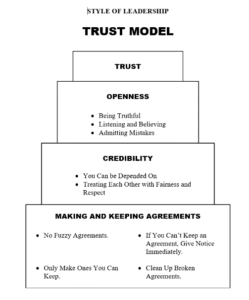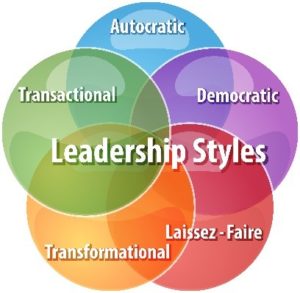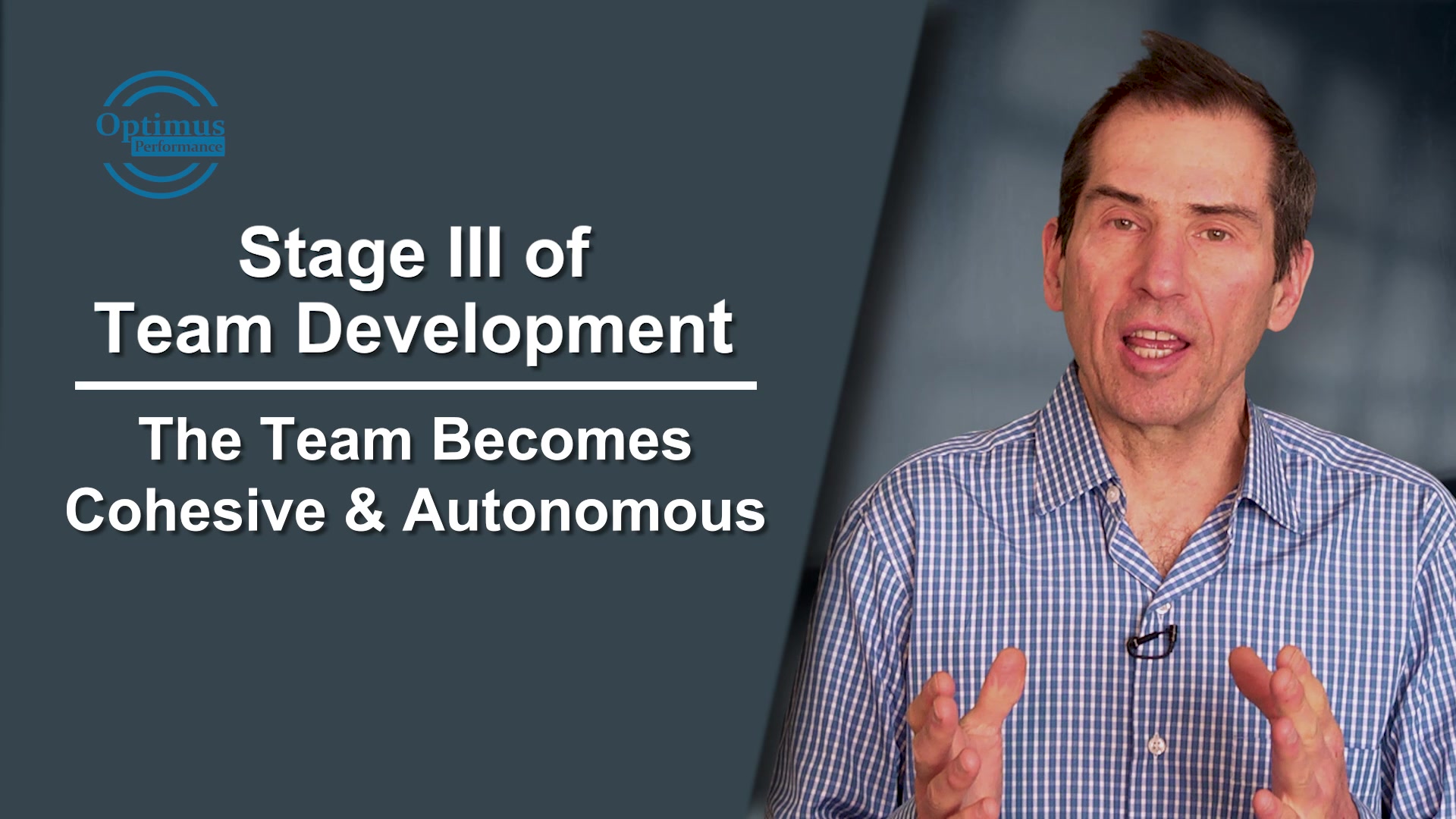In stage III of team development, the team experiences cohesiveness and becomes more autonomous. Having worked through the conflicts that arise in stage I and stage II, team members have now developed the skills to communicate and support each other towards achieving team goals. Here is an article and video, Navigating Through the IV Stages Of Team Development.
Cohesiveness
 As the team develops an identity and members become sensitive to the needs of others, the trust level between members increases. Team members become sensitive to the needs of others and people are more willing to share ideas, information and opinions.
As the team develops an identity and members become sensitive to the needs of others, the trust level between members increases. Team members become sensitive to the needs of others and people are more willing to share ideas, information and opinions.
The manager or supervisor defines limits of authority and delegates higher level decisions to the team. The team members become responsible for administrative tasks that previously was performed by the manager. They can take on high level responsibilities such as the hiring and firing of team members.
Thus, the team is become empowered to decide on the team’s makeup and success. For this to happen the manager or supervisor needs to have evolved his/her style of leadership towards a participative style.
Relationship skills
The skills required by team members at stage III of team development is mutual coaching for continued mutual support and for setting goals in accordance with the company’s overall mission and goals.
Tasks related skills
In stage III of team development, the team is becoming more self managing and can assume all managerial responsibilities. The supervisor leads an autonomous team.
The team practices continuous improvement and prepares reports and proposals for management that all team members take turns in presenting.
The skills that team members need to learn at this stage are the ability to interpret data correctly, conduct continuous improvement initiatives and how to communicate effectively with management.
Successful teams
 Few teams make it fully to this stage and may only display certain components of it. Leadership of the organization needs to understand the relationship and task considerations at each stage to note what stage each team is at. They also need to ensure that managers and supervisors are evolving their style of leadership to be participative.
Few teams make it fully to this stage and may only display certain components of it. Leadership of the organization needs to understand the relationship and task considerations at each stage to note what stage each team is at. They also need to ensure that managers and supervisors are evolving their style of leadership to be participative.
Checklist
Do your team members support and coach each other?
Are team members sensitive to the needs of others?
Is the manager or supervisor delegating managerial responsibilities to the team?
Can the team hire and fire team members?
Is the team empowered to decide what makes them successful?
Is the team setting goals on their own?
Is data they need to measure performance and success being provided?
Do the team members know how to analyse and interpret the data?
Is the team practicing continuous improvement and able to present their ideas to management?
Answer the questions above and see what you need to do to bring your team to the Stage III of team development. Involve the team, plan and take action.
